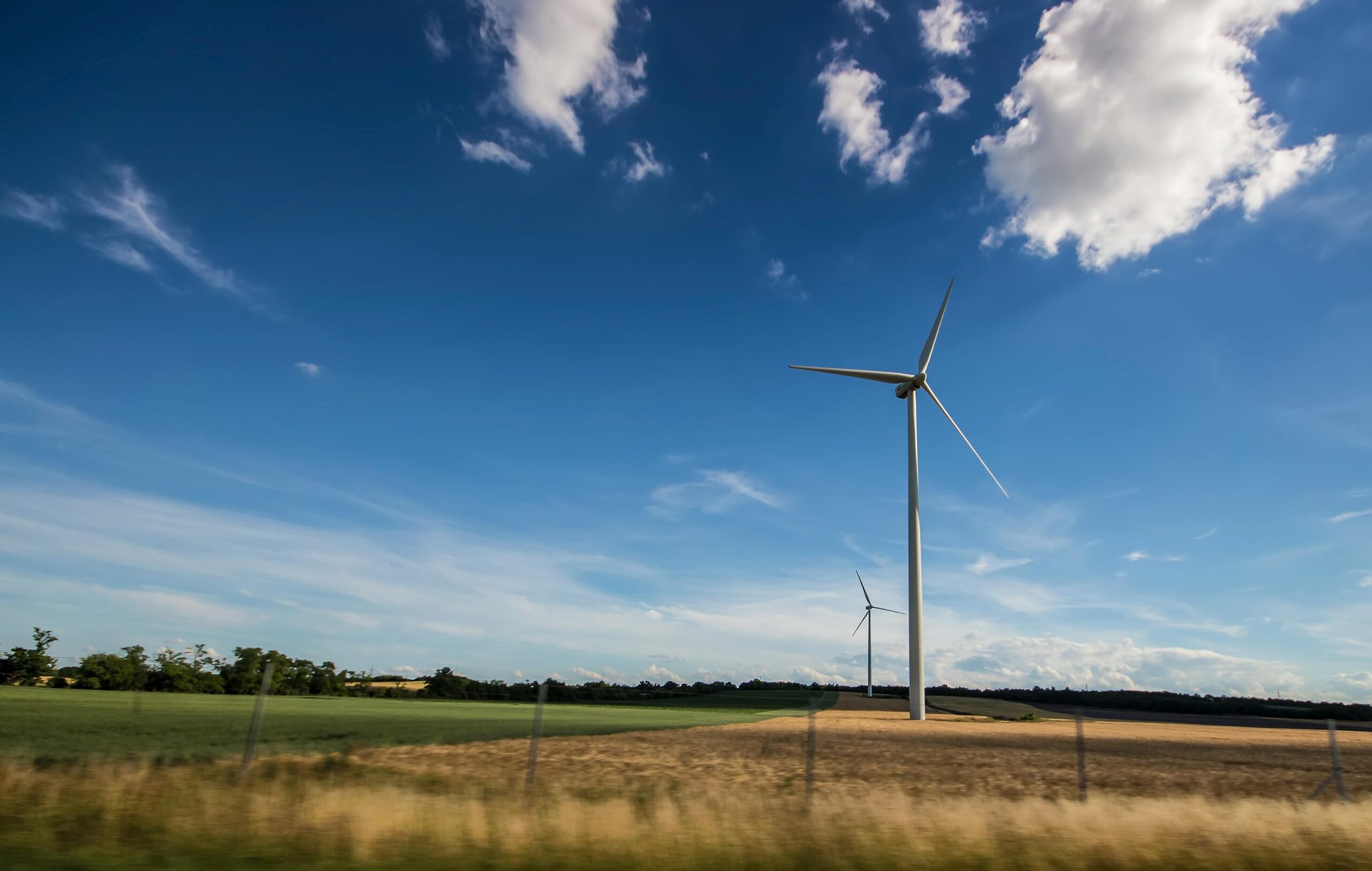As industries face increasing pressure from consumers, stakeholders, and regulatory bodies to reduce their carbon footprints, the integration of renewable energy sources has become paramount. Among the various pathways to achieving this goal, Power Purchase Agreements (PPAs) have surfaced as a dynamic mechanism to empower businesses with eco-friendly practices while promoting financial stability.
Understanding Power Purchase Agreements
At its core, a Power Purchase Agreement is a long-term contract between a business and a renewable energy provider. These agreements enable companies to purchase clean energy directly from producers, thereby bypassing traditional utility companies that predominately depend on fossil fuels. A pivotal aspect of PPAs is their ability to provide businesses with a fixed energy cost over an extended period, which not only stabilizes energy expenditures but also offers protection against volatile energy markets.
The appeal of solar PPAs, for instance, lies in their potential to offer competitive pricing, or solar PPA prices, which can be lower than conventional electricity rates. As the cost of solar technology continues to decrease, these agreements become increasingly attractive, allowing companies to tap into renewable energy without the need for heavy upfront investments.
Driving Environmental Impact and Economic Benefits
One of the most compelling reasons businesses are turning towards PPAs is the dual benefit of reducing their environmental impact while enhancing economic performance. By committing to long-term renewable energy procurement, businesses can significantly lower their greenhouse gas emissions. This reduction not only aligns with global sustainability goals but also enhances corporate reputation and consumer trust.
Moreover, PPAs offer economic advantages that can bolster a company’s bottom line. The fixed-rate nature of these agreements provides businesses with predictable energy costs, which aids in financial forecasting and budgeting. Additionally, the potential for cost savings over time becomes apparent, especially when traditional energy costs are subject to market fluctuations. By strategically aligning their energy procurement with renewable sources, businesses can achieve substantial savings in operational expenses.
Enhancing Energy Independence and Resilience
Another critical aspect of PPAs is their role in enhancing energy independence and resilience. By collaborating with renewable energy providers, businesses can gain a greater degree of control over their energy sources. This independence is particularly crucial in regions where energy infrastructure is vulnerable to disruptions caused by natural disasters or geopolitical tensions.
Furthermore, PPAs contribute to grid resilience by diversifying energy sources. As more businesses enter agreements that prioritize renewables, the overall energy ecosystem becomes less reliant on fossil fuels. This shift not only supports a more sustainable energy mix but also strengthens the resilience of energy infrastructure by reducing the risk of outages and price spikes.
Encouraging Innovation and Technological Advancement
The widespread adoption of PPAs is also propelling innovation within the renewable energy sector. Long-term contracts provide a stable revenue stream for energy providers, enabling them to invest in research and development. This investment fosters technological advancements that enhance the efficiency and effectiveness of renewable energy systems.
Businesses entering PPAs can benefit from these advancements by accessing cutting-edge technology without the burden of capital-intensive investments. This symbiotic relationship between corporate buyers and energy providers accelerates the transition to a low-carbon economy and opens up new avenues for innovation that can lead to further reductions in environmental impact.
Overcoming Challenges and Regulatory Considerations
Despite the numerous advantages, businesses must navigate challenges and consider regulatory factors when engaging in PPAs. The complexity of negotiating terms, managing risk, and ensuring compliance with local regulations can be daunting. Businesses need to conduct thorough due diligence and engage legal and financial experts to maximize the benefits of PPAs while minimizing potential pitfalls.
Furthermore, regional regulatory landscapes may vary, affecting the feasibility and structure of PPAs. Companies must stay informed about policy changes that could impact their agreements and seek partnerships with experienced renewable energy providers who understand the nuances of these regulations.
Conclusion: A Path Towards a Sustainable Future
Power Purchase Agreements represent a powerful tool in the corporate quest for sustainability. By harnessing the potential of renewable energy sources, businesses can achieve significant environmental and economic benefits, paving the way for a more sustainable future. As the demand for renewable energy continues to grow, PPAs will play an increasingly vital role in empowering companies to embrace eco-friendly practices, reduce their carbon footprints, and contribute to the global endeavor of mitigating climate change.
In navigating this path, companies not only secure their position as leaders in sustainable growth but also drive a positive transformation in the energy landscape, fostering a cleaner, greener future for generations to come.






